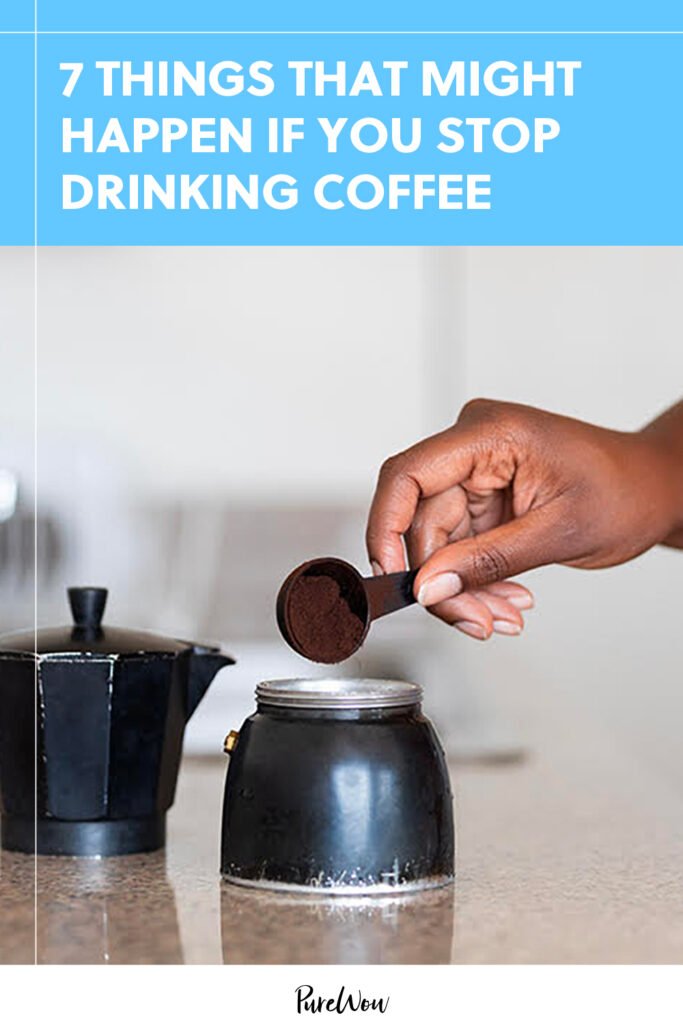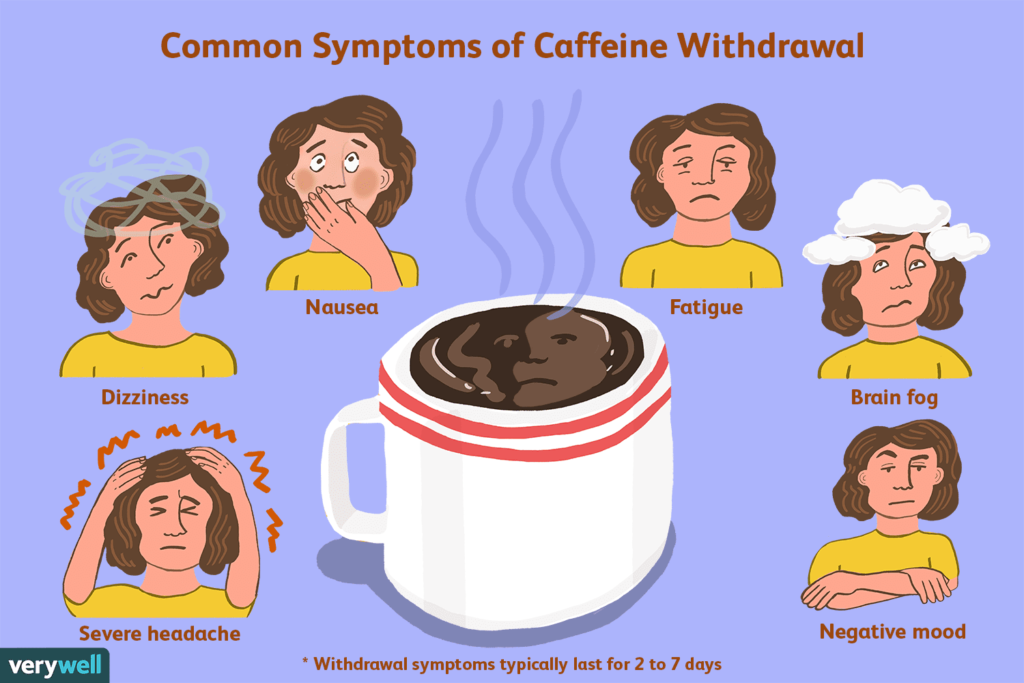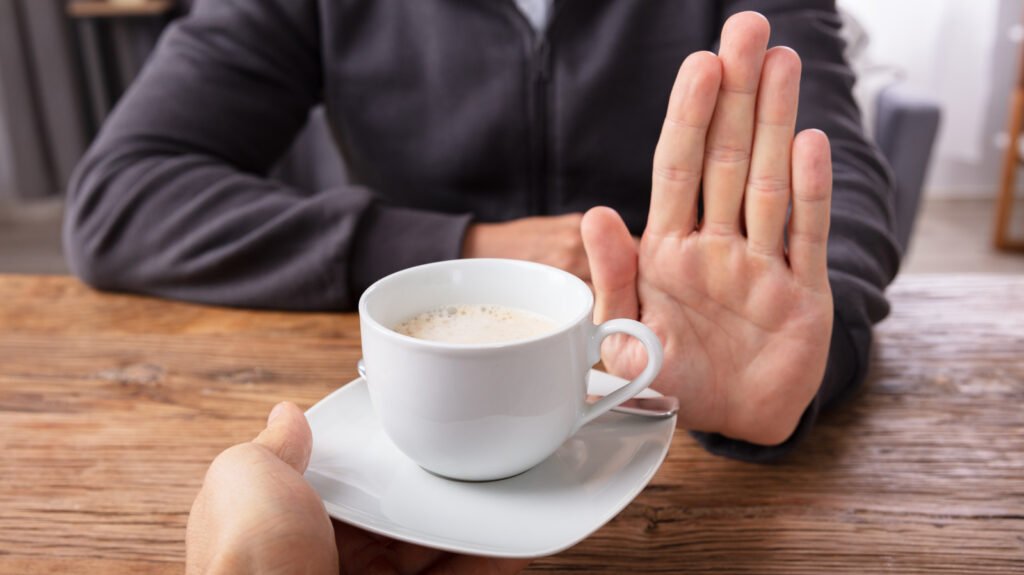Have you ever wondered why you should stop drinking coffee every day? It’s a question worth your attention, especially if you find yourself reaching for that cup of joe out of habit rather than necessity. Breaking the daily coffee routine can offer numerous health benefits and save you from potential wellness pitfalls.

The Caffeine Conundrum
Understanding Caffeine’s Effects
Caffeine, the primary active ingredient in coffee, is a stimulant affecting your central nervous system. While it helps you stay alert, regular consumption can lead to several negative consequences. Caffeine increases adrenaline production, which can make you feel jittery and lead to elevated heart rates and high blood pressure over time.
The Addiction Cycle
Caffeine can be incredibly addictive. Continuous intake builds tolerance, meaning you’ll need more coffee to achieve the same effect. Additionally, suddenly cutting out coffee can lead to withdrawal symptoms like headaches, irritability, and fatigue, making it difficult to function daily.
| Symptom | Cause |
|---|---|
| Headaches | Blood vessels in the brain constricting |
| Irritability | Nervous system imbalance |
| Fatigue | Sudden drop in stimulant levels |
| Difficulty Focus | Dependency on caffeine for concentration enhancement |
Impact on Sleep
Poor Sleep Quality
Caffeine can stay in your system for 6-8 hours, disrupting your sleep patterns if consumed later in the day. Poor sleep quality can lead to a host of other issues like reduced cognitive function, mood swings, and a weakened immune system.
Sleep Deprivation Consequences
Lack of sufficient sleep can also increase the risk of chronic conditions such as heart disease, obesity, and diabetes. Sleep deprivation impairs your body’s ability to regulate blood sugar levels and affects the hormones that control hunger, making weight management more difficult.

Digestive Issues
Stomach Problems
Coffee is acidic, and excessive consumption can lead to an upset stomach, acid reflux, and even ulcers. If you already suffer from any gastrointestinal issues, daily coffee consumption can exacerbate these problems.
Dehydration Risks
Though coffee is a liquid, it acts as a diuretic, causing you to lose more fluids. This can lead to dehydration, causing symptoms such as dry skin, dizziness, and a decline in physical performance.
| Issue | Effect |
|---|---|
| Acid Reflux | Stomach acid flowing back up into the esophagus |
| Ulcers | Coffee aggravates stomach lining |
| Dehydration | Increased urine production leading to fluid loss |
| Upset Stomach | High acidity irritating your stomach |
Mental Health Impacts
Anxiety and Stress
Although coffee can provide a short-term mood boost, it can also increase anxiety and stress levels in the long term. High caffeine intake can make you feel more anxious and can even contribute to panic attacks in people who are predisposed to anxiety disorders.
Mood Swings
The inconsistency in caffeine levels in your body can lead to mood swings. One moment you might feel on top of the world, and the next, you could be grumpy and irritable. This emotional rollercoaster can strain your relationships and affect your overall well-being.

Financial and Environmental Cost
Financial Burden
Drinking coffee every day can be a significant financial burden. Whether you’re buying your coffee from a local café or investing in high-quality beans for home brewing, it adds up. Cutting back can save you a considerable amount of money over time.
Environmental Impact
The coffee industry has a significant environmental footprint. From deforestation for coffee plantations to the energy-intensive process of roasting and transporting coffee beans, your daily habit contributes to environmental degradation. Reducing your coffee consumption can make a positive impact on the planet.
Alternative Beverages
Herbal Teas
Herbal teas offer various health benefits and can be a great alternative to your daily coffee. Options like chamomile or peppermint can help you relax without the caffeine boost, contributing to better sleep and reduced anxiety.
Water and Hydration
Plain water is often underestimated. Keeping yourself hydrated with water can improve concentration, boost energy levels naturally, and is essential for overall health. Add a slice of lemon or a splash of juice to make it more enticing if plain water is too bland.

Practical Tips to Cut Down
Gradual Reduction
If you’re worried about the withdrawal symptoms, consider gradually reducing your coffee intake. Start by cutting down one cup at a time until you find a manageable balance.
Substitute Caffeine Sources
Swap out your coffee with other less caffeinated beverages like green tea or decaf coffee. This allows you to wean off the addiction without the intense withdrawal effects.
Break the Habit
Sometimes, drinking coffee is just a habit. Find other activities to replace your coffee breaks. Go for a short walk, read a book, or practice some deep-breathing exercises to help overcome the urge for caffeine.
Conclusion
Cutting back on your daily coffee consumption can improve your health in several ways—from better sleep and improved digestion to reduced anxiety and financial savings. While coffee is delightful, balancing or reducing your intake can lead to a better, healthier lifestyle. Your future self will likely thank you for making this change.

